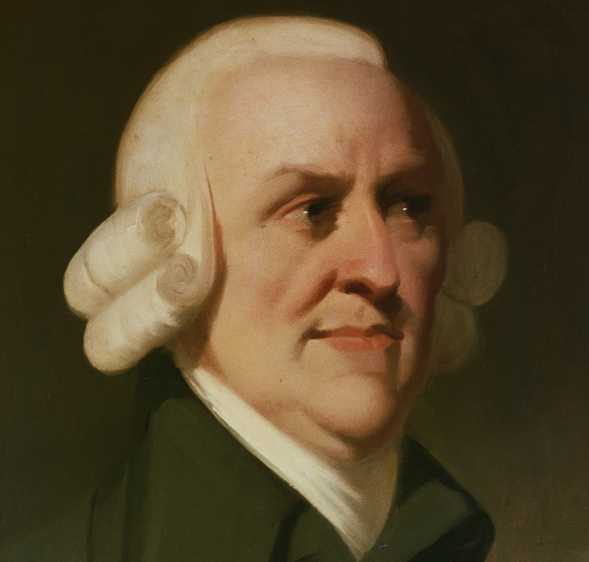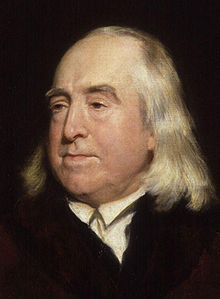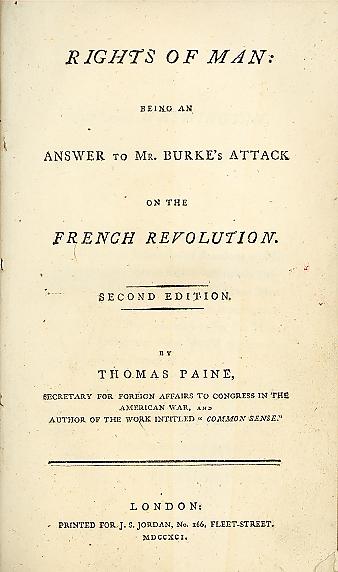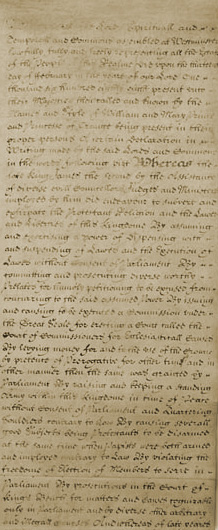Zionist Occupied Government? Pffft!
Zionist Occupied Culture? Closer.
Zionist Occupied Soul? Bingo! The Inner Jew.
—Sebastian Ronin
In my recent visit to the UK, actually in my way to Arthur Kemp’s town, I read a most insightful chapter about “The Mercantile System” in The Story of Mankind (1921) by Hendrik van Loon. Italics means my orange text-marks over my old copy’s yellowed pages while traveling in the UK train:
The mercantile system. How the newly founded national
or dynastic states of Europe tried to make themselves rich and what was meant by the mercantile system
We have seen how, during the sixteenth and the seventeenth centuries, the states of our modern world began to take shape. Their origins were different in almost every case. Some had been the result of the deliberate effort of a single king. Others had happened by chance. Still others had been the result of favourable natural geographic boundaries. But once they had been founded, they had all of them tried to strengthen their internal administration and to exert the greatest possible influence upon foreign affairs. All this of course had cost a great deal of money. The mediaeval state with its lack of centralized power did not depend upon a rich treasury. The king got his revenues from the crown domains and his civil service paid for itself. The modern centralised state was a more complicated affair. The old knights disappeared and hired government officials or bureaucrats took their place. Army, navy, and internal administration demanded millions. The question then became where was this money to be found?
Gold and silver had been a rare commodity in the middle ages. The average man, as I have told you, never saw a gold piece as long as he lived. Only the inhabitants of the large cities were familiar with silver coin. The discovery of America and the exploitation of the Peruvian mines changed all this. The centre of trade was transferred from the Mediterranean to the Atlantic seaboard. The old “commercial cities” of Italy lost their financial importance. New “commercial nations” took their place and gold and silver were no longer a curiosity. Through Spain and Portugal and Holland and England, precious metals began to find their way to Europe The sixteenth century had its own writers on the subject of political economy and they evolved a theory of national wealth which seemed to them entirely sound and of the greatest possible benefit to their respective countries. They reasoned that both gold and silver were actual wealth. Therefore they believed that the country with the largest supply of actual cash in the vaults of its treasury and its banks was at the same time the richest country. And since money meant armies, it followed that the richest country was also the most powerful and could rule the rest of the world.
We call this system the “mercantile system,” and it was accepted with the same unquestioning faith with which the early Christians believed in Miracles and many of the present-day American businessmen believe in the Tariff. In practice, the Mercantile system worked out as follows: To get the largest surplus of precious metals a country must have a favourable balance of export trade. If you can export more to your neighbour than he exports to your own country, he will owe you money and will be obliged to send you some of his gold. Hence you gain and he loses. As a result of this creed, the economic program of almost every seventeenth century state was as follows:
1.- Try to get possession of as many precious metals as you can.
2.- Encourage foreign trade in preference to domestic trade.
3.- Encourage those industries which change raw materials into exportable finished products.
4.- Encourage a large population [My interpolated note: This is especially important since it means that such western System was hard-wired to become New Zion], for you will need workmen for your factories and an agricultural community does not raise enough workmen.
5.- Let the State watch this process and interfere whenever it is necessary to do so.
Instead of regarding International Trade as something akin to a force of nature which would always obey certain natural laws regardless of man’s interference, the people of the sixteenth and seventeenth centuries tried to regulate their commerce by the help of official decrees and royal laws and financial help on the part of the government.
In the sixteenth century Charles V adopted this Mercantile System (which was then something entirely new) and introduced it into his many possessions. Elizabeth of England flattered him by her imitation. The Bourbons, especially King Louis XIV, were fanatical adherents of this doctrine and Colbert, his great minister of finance, became the prophet of Mercantilism to whom all Europe looked for guidance.
The entire foreign policy of Cromwell was a practical application of the Mercantile System. [Interpolated note: which means that Whites were wielding the “One Ring” of corruption first and the Jews wrought by Cromwell were a secondary infection] It was invariably directed against the rich rival Republic of Holland. For the Dutch shippers, as the common carriers of the merchandise of Europe, had certain leanings towards free-trade and therefore had to be destroyed at all cost.
It will be easily understood how such a system must affect the colonies. A colony under the Mercantile System became merely a reservoir of gold and silver and spices, which was to be tapped for the benefit of the home country. The Asiatic, American and African supply of precious metals and the raw materials of these tropical countries became a monopoly of the state which happened to own that particular colony. No outsider was ever allowed within the precincts and no native was permitted to trade with a merchant whose ship flew a foreign flag. Undoubtedly the Mercantile System encouraged the development of young industries in certain countries where there never had been any manufacturing before. It built roads and dug canals and made for better means of transportation. It demanded greater skill among the workmen and gave the merchant a better social position, while it weakened the power of the landed aristocracy.
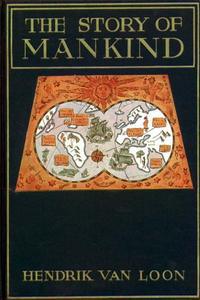
On the other hand, it caused very great misery. It made the natives in the colonies the victims of a most shameless exploitation. It exposed the citizens of the home country to an even more terrible fate. It helped in a great measure to turn every land into an armed camp and divided the world into little bits of territory, each working for its own direct benefit, while striving at all times to destroy the power of its neighbours and get hold of their treasures. It laid so much stress upon the importance of owning wealth that “being rich” came to be regarded as the sole virtue of the average citizen. Economic systems come and go like the fashions in surgery and in the clothes of women, and during the nineteenth century the Mercantile System was discarded in favour of a system of free and open competition. At least, so I have been told.
(Pages 256-259 of my 1945, Pocket Books edition.)

